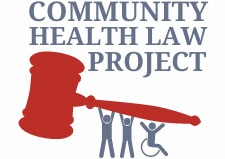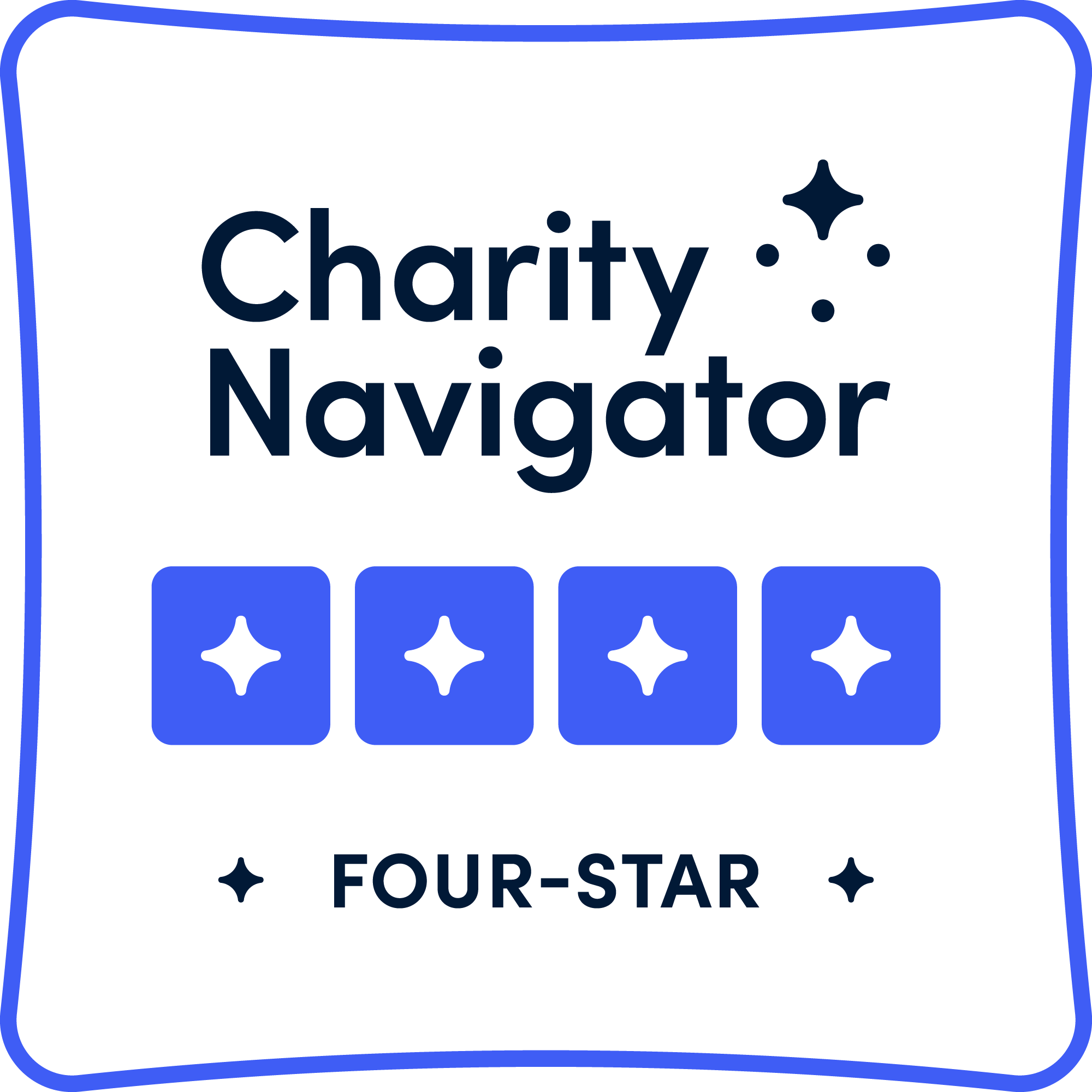Who We Are
Our Mission
To provide legal and advocacy services, training, education, and related activities to persons with disabilities and chronic health conditions and, in certain issues, to organizations representing their interests, with an emphasis on those most vulnerable and needy.
Founded in 1976, the Community Health Law Project (CHLP) is a statewide not-for-profit advocacy and legal service organization which provides legal representation and advocacy services to low-income individuals with disabilities and the frail elderly. The organization has traditionally specialized in services exclusively for these populations, although recently the organization has begun to provide broader services through the creation of medical-legal partnerships that offer the entire range of civil law. Read More...


